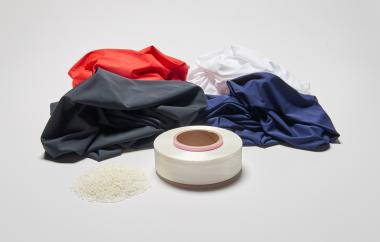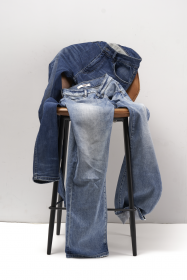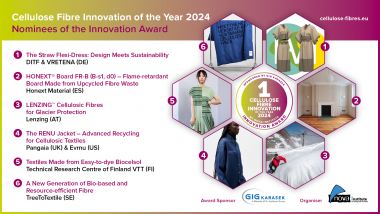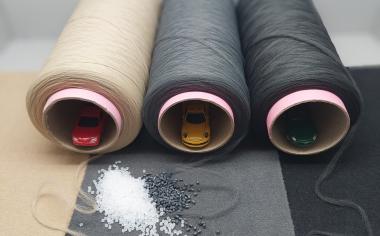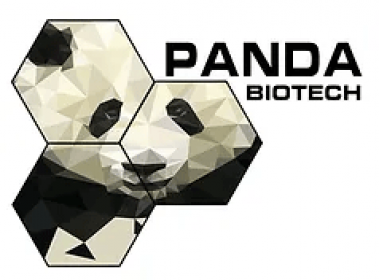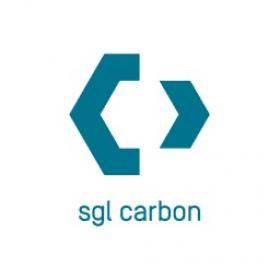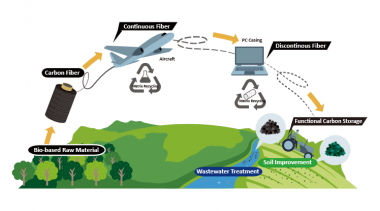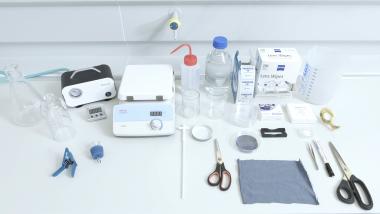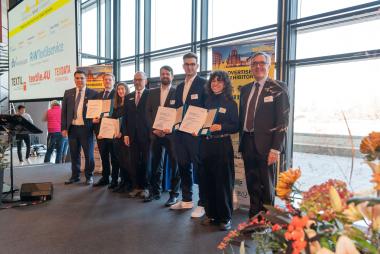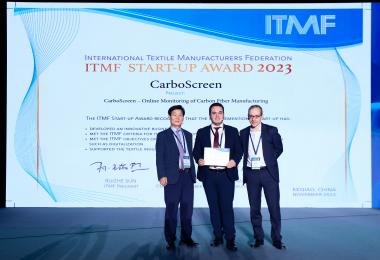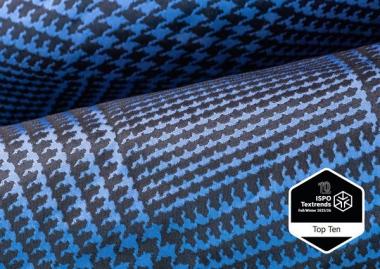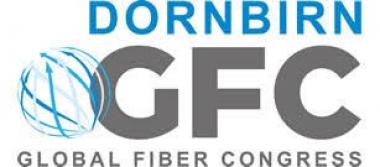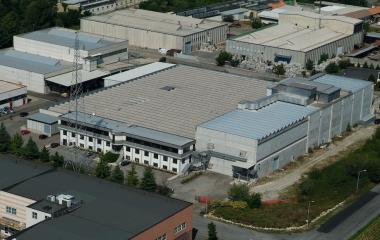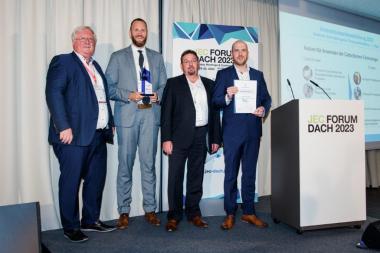Celanese and Under Armour introduce elastane alternative
Celanese Corporation, a specialty materials and chemical company, and Under Armour, Inc., a company in athletic apparel and footwear, have collaborated to develop a new fiber for performance stretch fabrics called NEOLAST™. The innovative material will offer the apparel industry a high-performing alternative to elastane – an elastic fiber that gives apparel stretch, commonly called spandex. This new alternative could unlock the potential for end users to recycle performance stretch fabrics, a legacy aspect that has yet to be solved in the pursuit of circular manufacturing with respect to stretch fabrics.
NEOLAST™ fibers feature the powerful stretch, durability, comfort, and improved wicking expected from elite performance fabrics yet are also designed to begin addressing sustainability challenges associated with elastane, including recyclability. The fibers are produced using a proprietary solvent-free melt-extrusion process, eliminating potentially hazardous chemicals typically used to create stretch fabrics made with elastane.
NEOLAST™ fibers will be produced using recyclable elastoester polymers. As end users transition to a more circular economy, Celanese and Under Armour are exploring the potential of the fibers to improve the compatibility of stretch fabrics with future recycling systems and infrastructure.
In addition to the sustainability benefits, the new NEOLAST™ fibers deliver increased production precision, allowing spinners to dial power-stretch levels up or down and engineer fibers to meet a broader array of fabric specifications.
Celanese Corporation


